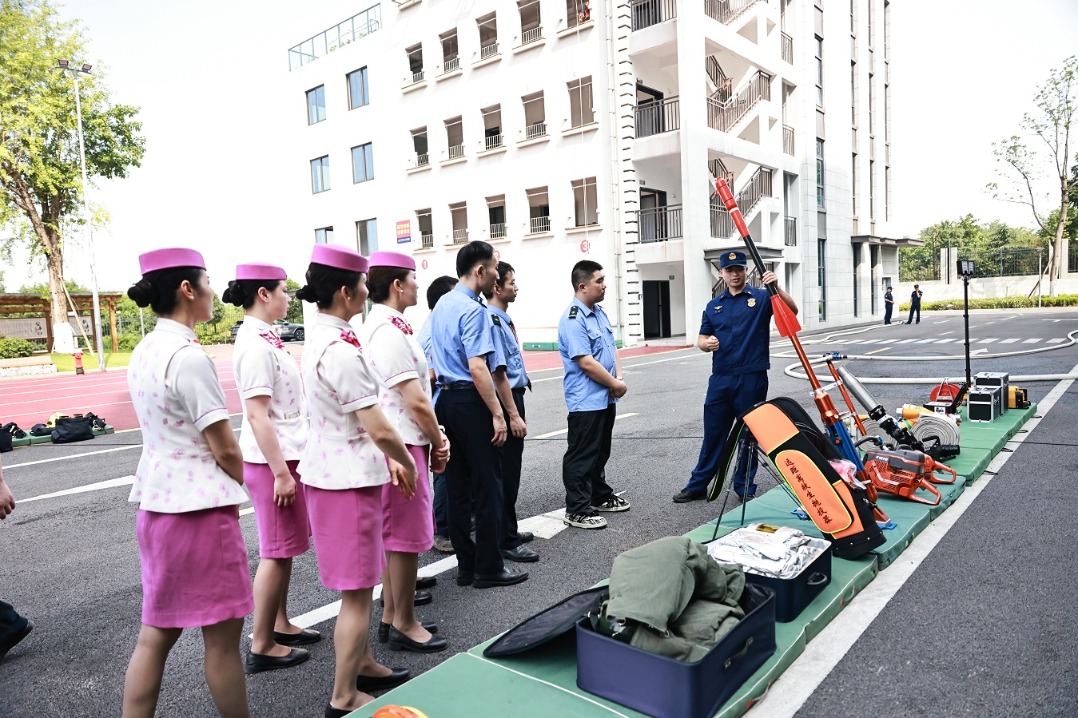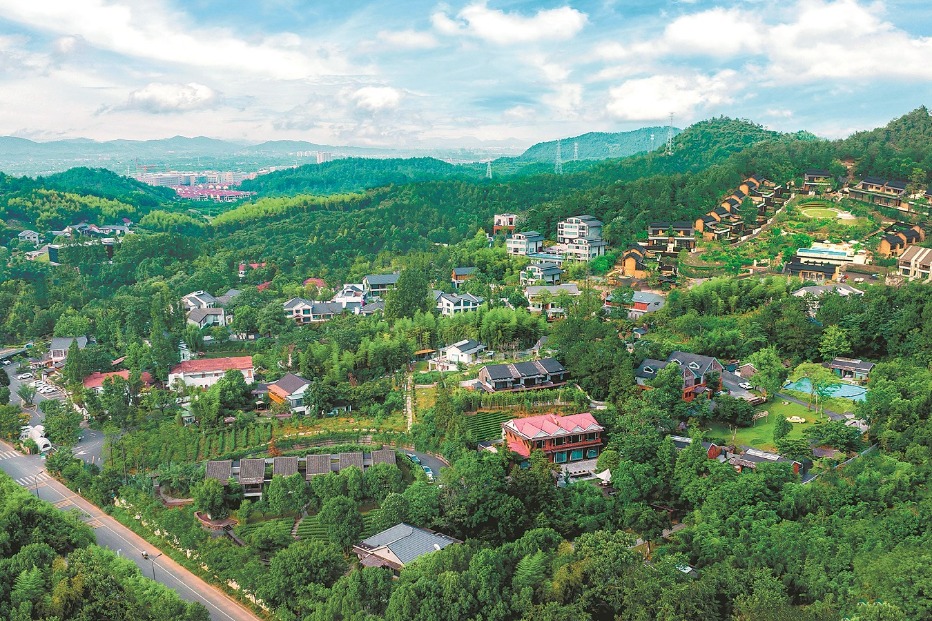Shenzhou XVI spaceship transports seeds for breeding experiments

BEIJING -- Nine varieties of seeds, selected from North China's Shanxi province, have been sent into space onboard the country's Shenzhou XVI manned spaceship, according to the Science and Technology Daily on Thursday.
The seeds will be used for space experiments on the country's space station Tiangong.
They include a type of corn seed, developed by the Shanxi Agricultural University, that has a planting area of about 4 million mu (about 266,667 hectares) in the province, with high yields and wide adaptability, according to the report.
The seeds need further improvement, especially in disease resistance, through conventional breeding methods or space breeding.
Space breeding involves exposing seeds and strains to cosmic radiation and microgravity during a spaceflight mission to mutate their genes.
Since conducting its first space breeding experiment in 1987, China has sent the seeds of hundreds of plant species into space on dozens of retrievable satellites and Shenzhou spaceships.
The Shenzhou XVI manned spaceship was launched and docked with the space station combination on Tuesday.
- Qilian Mountains glisten with summer snow
- Former deputy chief of China's State Tobacco Monopoly Administration expelled from CPC
- Chongqing railway workers enhance fire safety for summer travel peak
- China-US youth in one voice: Sing for peace
- A cultural flash mob like no other!
- Bond with Kuliang: 2025 China-US Youth Choir Festival opens in Fuzhou





































